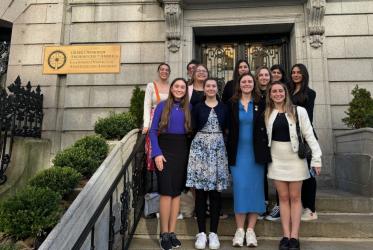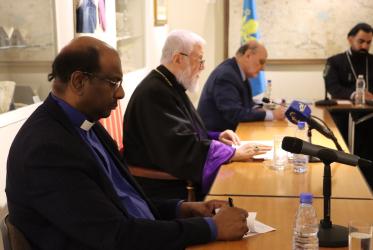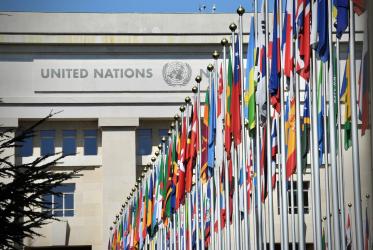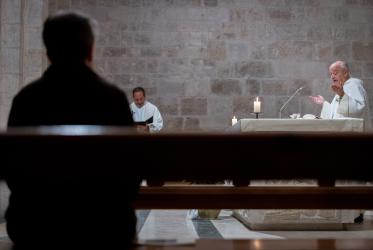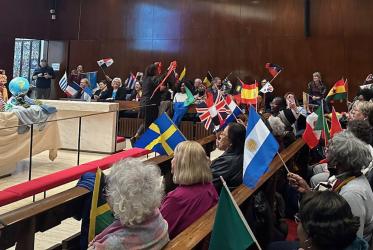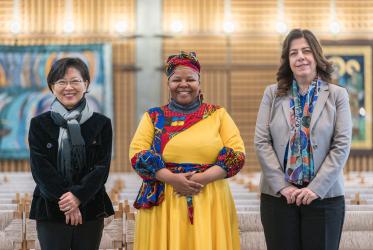Displaying 81 - 100 of 7015
21 March 2024
WCC general secretary will visit Lebanon
19 March 2024
On International Women’s Day, “we want us alive”
13 March 2024
Three WCC commissions elect vice moderators
08 March 2024


